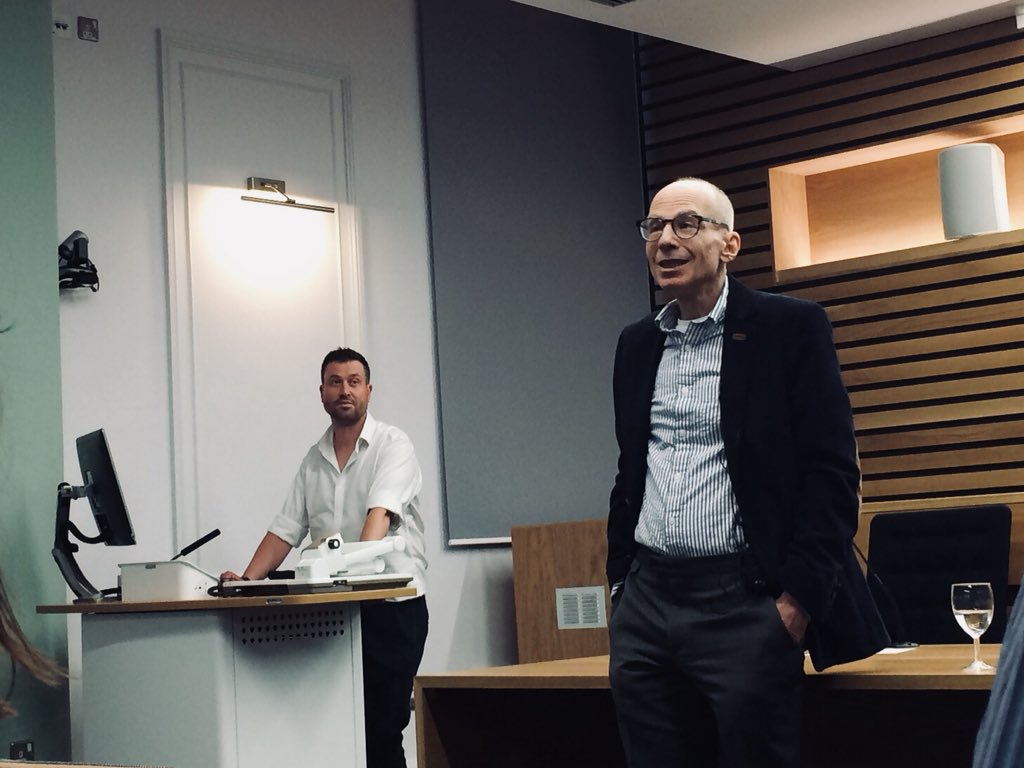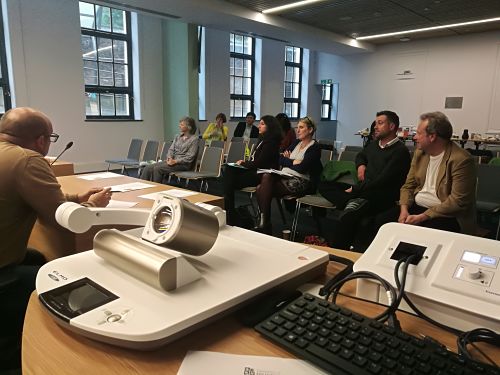Organised by Professor Keith Syrett, the event took as its broad theme Professor Gostin’s vision of “global health with justice” which was explored in his ground-breaking book, Global Health Law (Harvard University Press, 2014).
The symposium was divided into two parts, with papers from a variety of disciplinary backgrounds dealing with issues around access in global health, and actors in global health.
Under the first strand, Dr Patricia Lucas and Professor Helen Lambert (both University of Bristol) presented research relating to antimicrobial resistance, respectively in Bangladesh and China. Both speakers noted that regulatory intervention faced multiple challenges, raising particular concerns as to equity.
The session was completed by Faith Simiyu (Cardiff University), who explored the role of the principle of non-discrimination in human rights law as a tool for protecting access to healthcare, focusing on the plight of the Ogiek people in Kenya.
The discussion of actors was commenced by Dr Ben Hawkins (London School of Hygiene and Tropical Medicine), who offered a critical analysis of the exceptional legal and regulatory treatment of tobacco as a harmful product, with particular comparison being drawn with alcohol.
Dr Emer Brangan (University of Bristol) then discussed some of her work on humanitarian projects in the field. She noted that “top-down” decisions on which interventions to prioritise and fund frequently do not properly reflect the local context and conditions, causing (unintended) adverse consequences for population health.
Finally, Dr Mark Eccleston-Turner (Keele University) outlined his research on the powers, duties and regulation of transnational actors in global health and the weak mechanisms of accountability in international law, which can mean that there is inadequate oversight to ensure that their decisions, actions and spending succeed in improving population health globally.
The symposium was closed by a Q and A session with Professor Gostin, who offered some insightful and inspiring reflections on the issues raised by the papers.

